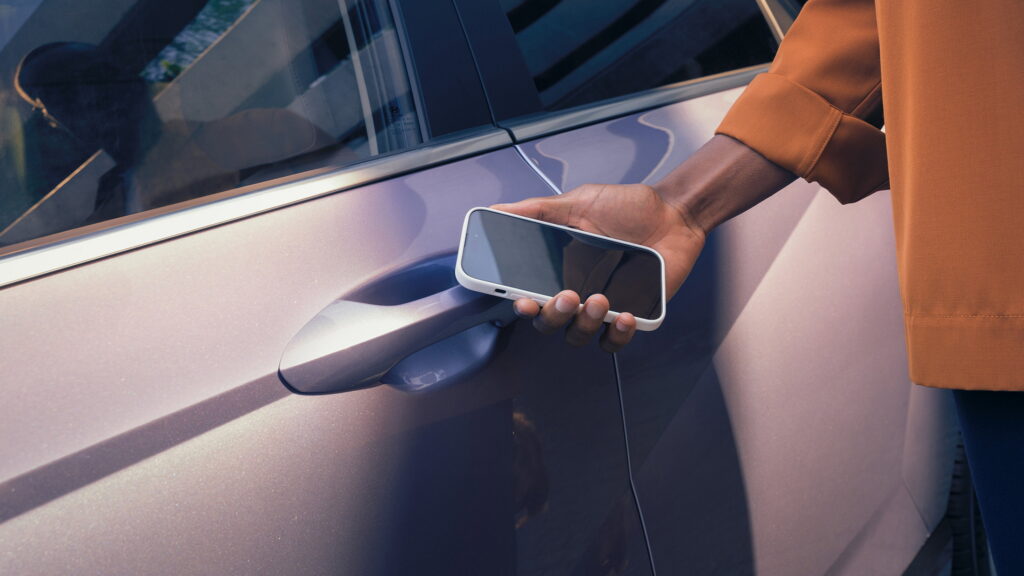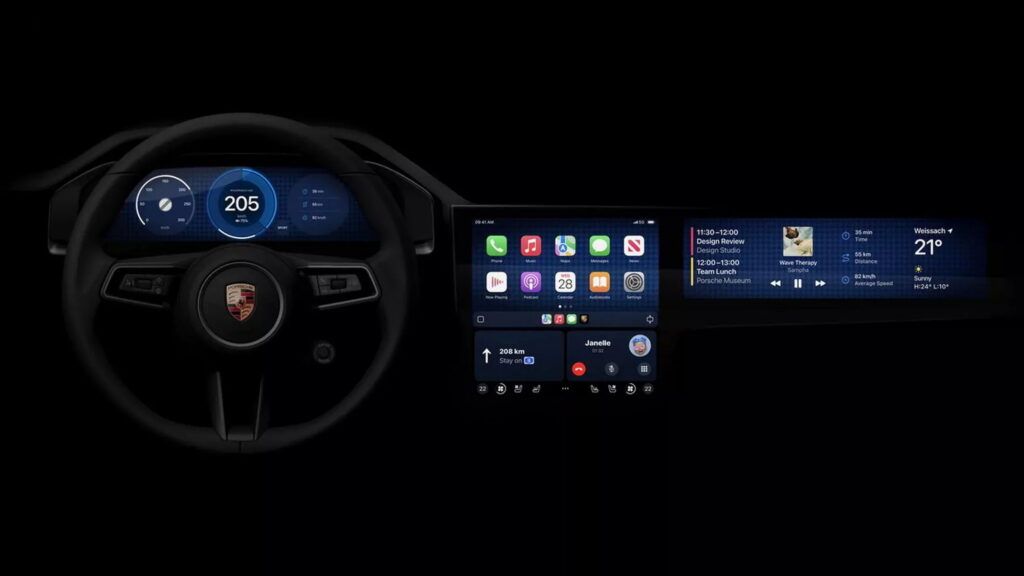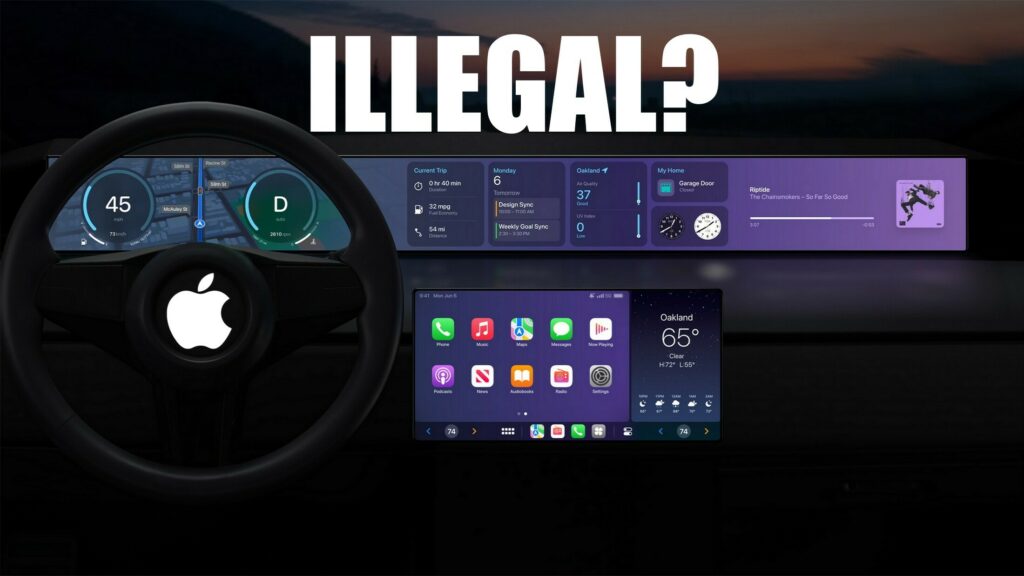The US Department of Justice has filed a bombshell lawsuit against Apple, accusing the tech giant of wielding anti-competitive practices to maintain its iron grip on the American smartphone market. But the DOJ’s sights extend beyond iPhones.
Digging through the lawsuit, we found an interesting tidbit: the federal government also expresses concerns about Apple’s car key and next gen CarPlay infotainment services. This suggests a broader battleground for tech supremacy, one that could have far-reaching implications.
The DOJ contends that Apple CarPlay and its digital key service exemplify the tactics employed by the company to entice consumers into its tech ecosystem and subsequently deter them from straying. Additionally, the government agency alleges that these practices stifle innovation within the automotive sector.
Read: Apple’s Next-Gen CarPlay Will Be Able To Take Over Both Your Infotainment And Gauge Cluster Screens
For instance, developers wanting to integrate a digital key into the iPhone must do so via Apple Wallet. This directs users to Apple’s app rather than the automaker’s, which is part of a pattern the tech company uses to keep users trapped in its app ecosystem.
“The default status of Apple Wallet steers users to the Apple Wallet rather than allowing third parties to present digital car keys only in their own cross-platform app, increasing dependence on Apple and the iPhone whenever they use their car,” the department wrote. “At the same time, it decreases the incentives of automakers to innovate.”

Apple CarPlay Will Take Over Every Screen In Your Car
The complaint also raises concerns about the forthcoming iteration of Apple CarPlay. In a 2022 announcement, the company revealed plans for the app to commandeer every screen within a vehicle, including the instrument cluster. Porsche and Aston Martin have already showcased prototypes illustrating this vision.
“After leveraging its smartphone dominance to car infotainment systems, Apple has told automakers that the next generation of Apple CarPlay will take over all of the screens, sensors, and gauges in a car, forcing users to experience driving as an iPhone-centric experience if they want to use any of the features provided by CarPlay,” the DOJ wrote in the lawsuit.
“Here too, Apple leverages its iPhone user base to exert more power over its trading partners, including American carmakers, in future innovation,” the DOJ continued. “By applying the same playbook of restriction to CarPlay, Apple further locks-in the power of the iPhone by preventing the development of other disintermediating technologies that interoperate with the phone but reside off device.”
Apple uses this playbook to “protect its monopoly power” over the smartphone market. It controls app distribution and suppresses products that would facilitate user migration to other devices, in a variety of other areas, too, including smartwatches.
According to Apple’s own estimates, it controls over 70 percent of the American smartphone market, though the Justice Department claims that this might be understated. The government alleges that this control over the market and the tech company’s “anti-competitive” have enriched the company, and constitute “a broad, sustained, and illegal course of conduct.”
Apple has called the lawsuit “wrong on the facts and the law,” according to the Associated Press. It has said it will “vigorously defend” itself against the DOJ’s allegations.





